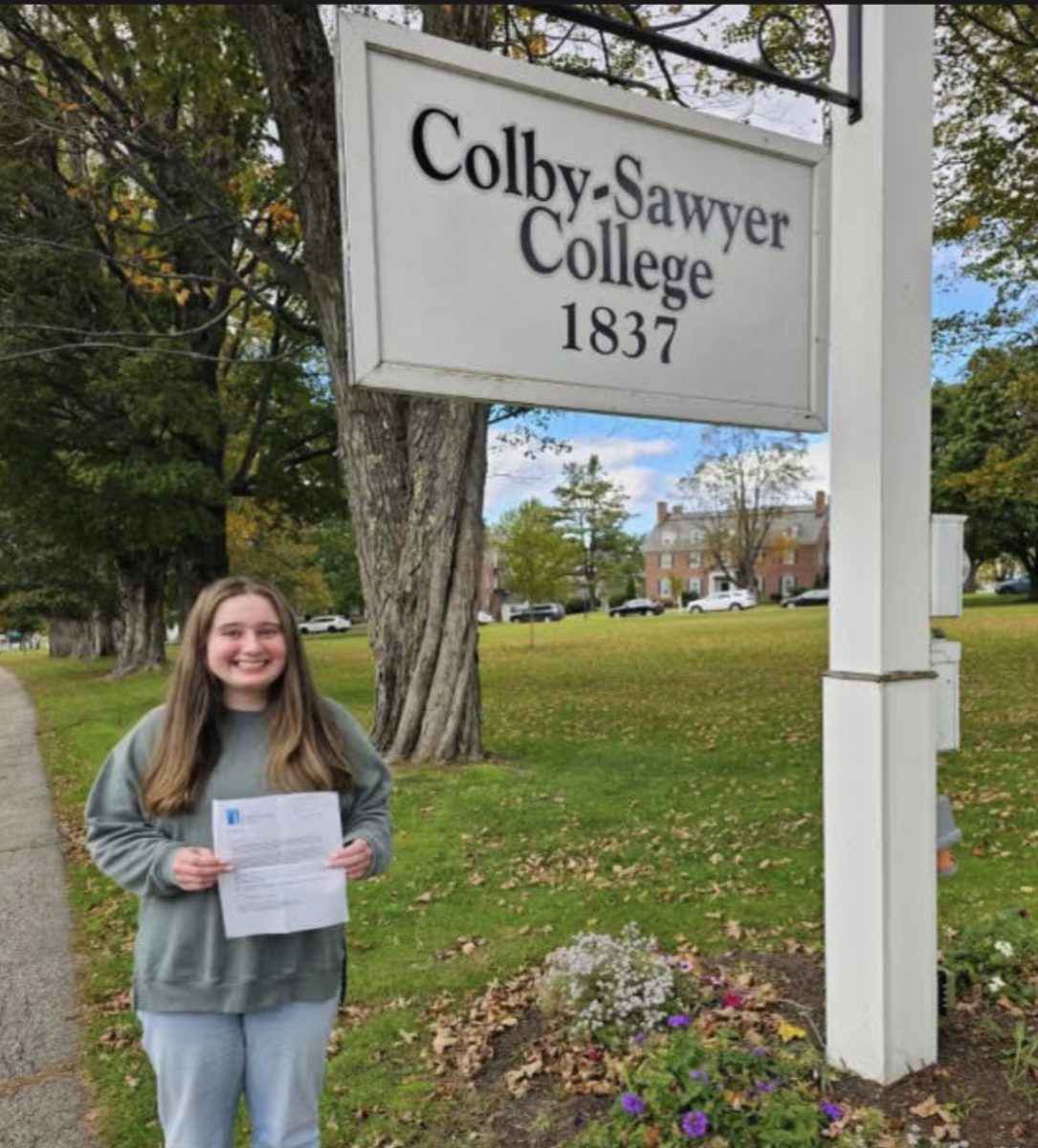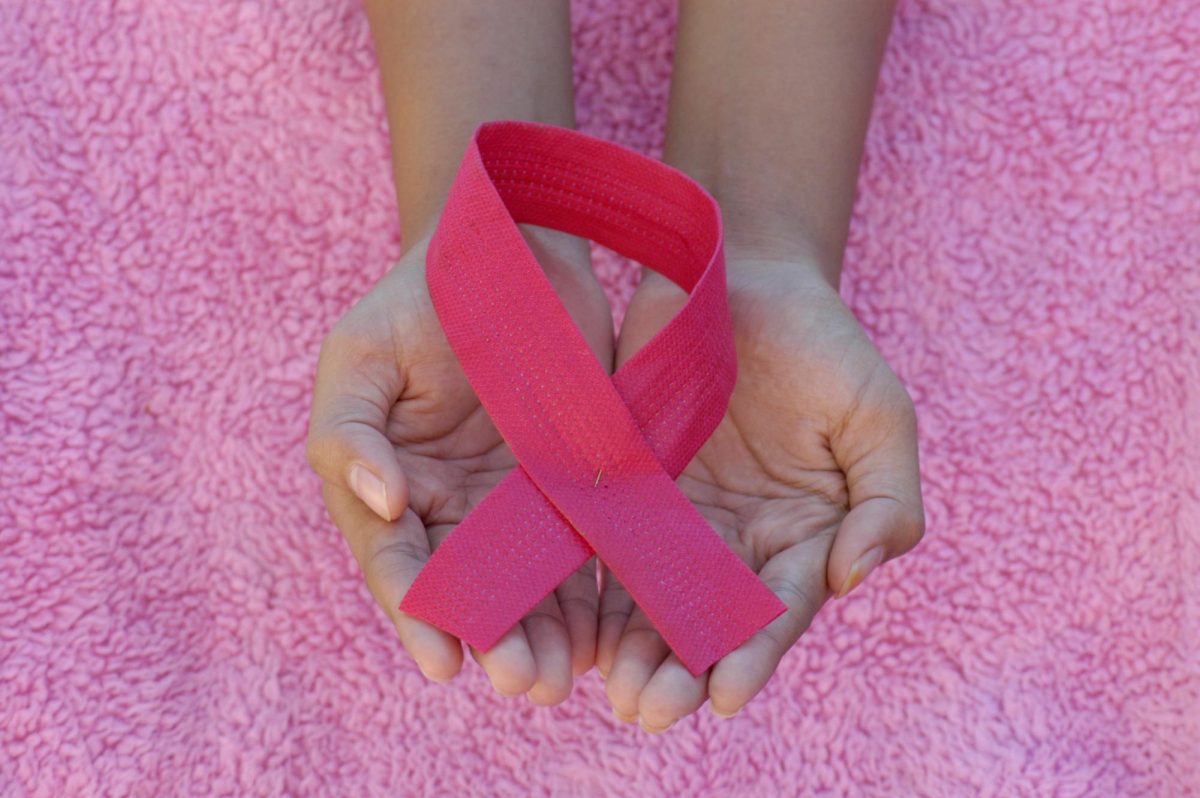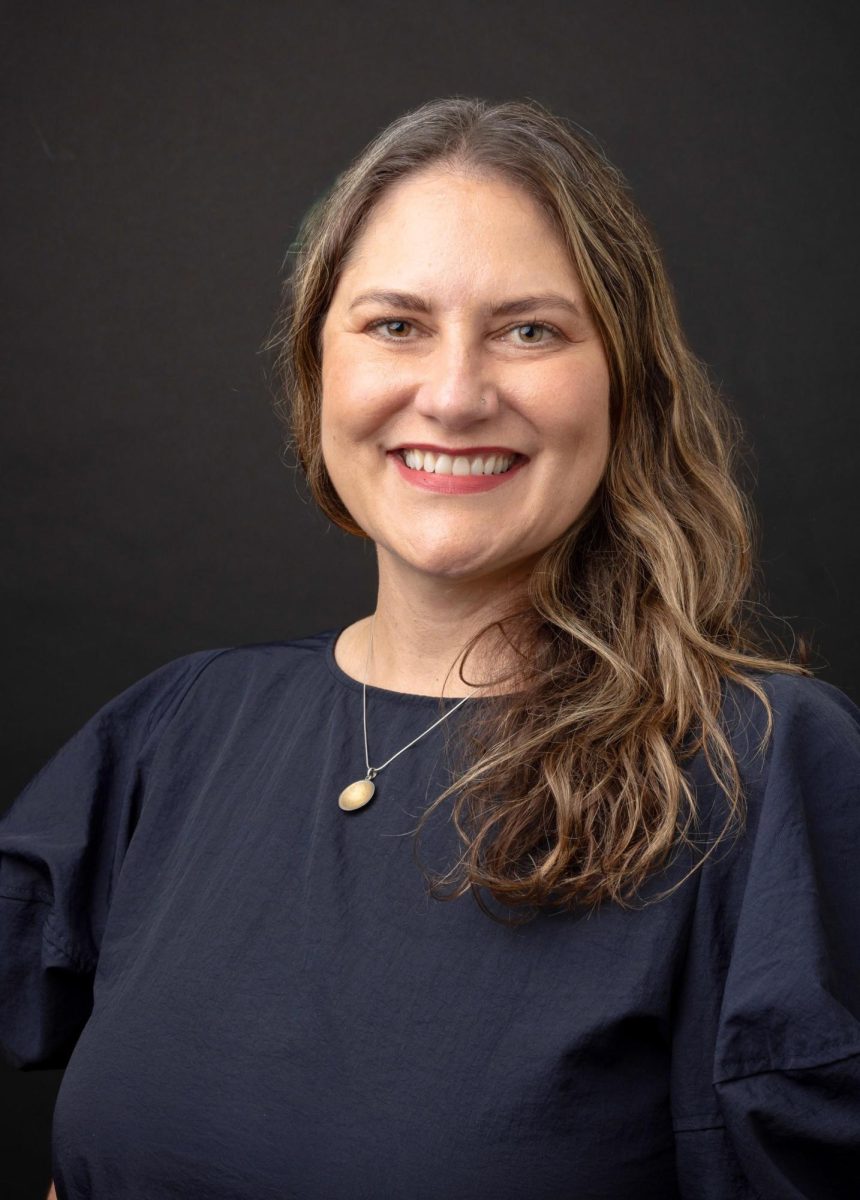As a parent, hearing your child say, “I want to be a doctor,” is exciting. But what starts as operating on stuffed animals and playing doctor, quickly becomes challenging AP classes and $400,000 out of the bank account.
Just as with most careers, you have to pay the price for your passion. According to Education Data Initiative, the average cost of medical school in the United States is around $60,000 per year. Most programs last for five years, and even after these years are up, students are still required to fulfill a residency that costs around $30,000.
For many, the drive to help others is something they realized at a young age.
“Growing up, I had a severe egg allergy, so I immersed myself within the field of healthcare through all of my doctors visits and medications,” freshman at UConn and former EL student Mannat Kadian said.
Transferring your passion into practice is another topic. The challenge of approaching medical school can be tackled in many ways. Ariana Lee, a senior at East Lyme High School who is a hopeful future nurse suggests that having an, “it is what it is” method is the best option.
“The biggest thing is to realize that rejection is not the end of the world, instead it just means you have to look in different places,” Lee said.
Applying to a handful of schools increases the chances of getting into excellent nursing programs, and if not, trust that it simply wasn’t meant to be. It is also important to trust the process and keep in mind that the right school will come. This mindset is healthy when tackling the reality of rejection.
When looking to enter the medical field, pre-college planning is necessary. At ELHS classes such as, Medical Terminology, AP Biology and Anatomy are offered to prep students for pre- med.
“Students who take AP Biology tend to be very successful medical professions,” AP Biology teacher Kip Kotzan said. He later shared that every year since 2003 he has averaged three to four students in his class to become doctors and medical professionals. It’s no myth that taking classes like AP Biology increase your chances of getting into
better schools. Make sure difficult classes are incorporated but also take classes in subjects that are interesting. Incorporating “easier” classes does not demote your GPA. Instead focus on finding a balance in high school, the rigor of APs will help prepare individuals for college while the less intense classes like Ceramics let individuals explore their own outside passions.
When you remember your why, any school is reachable.






